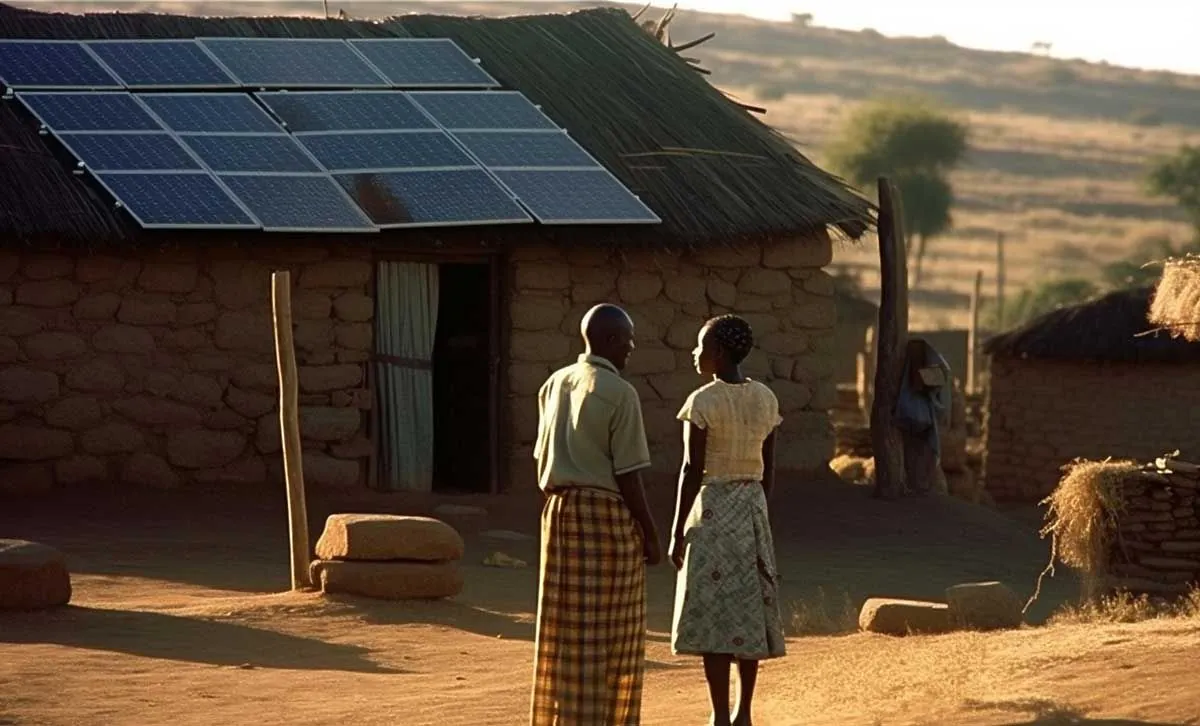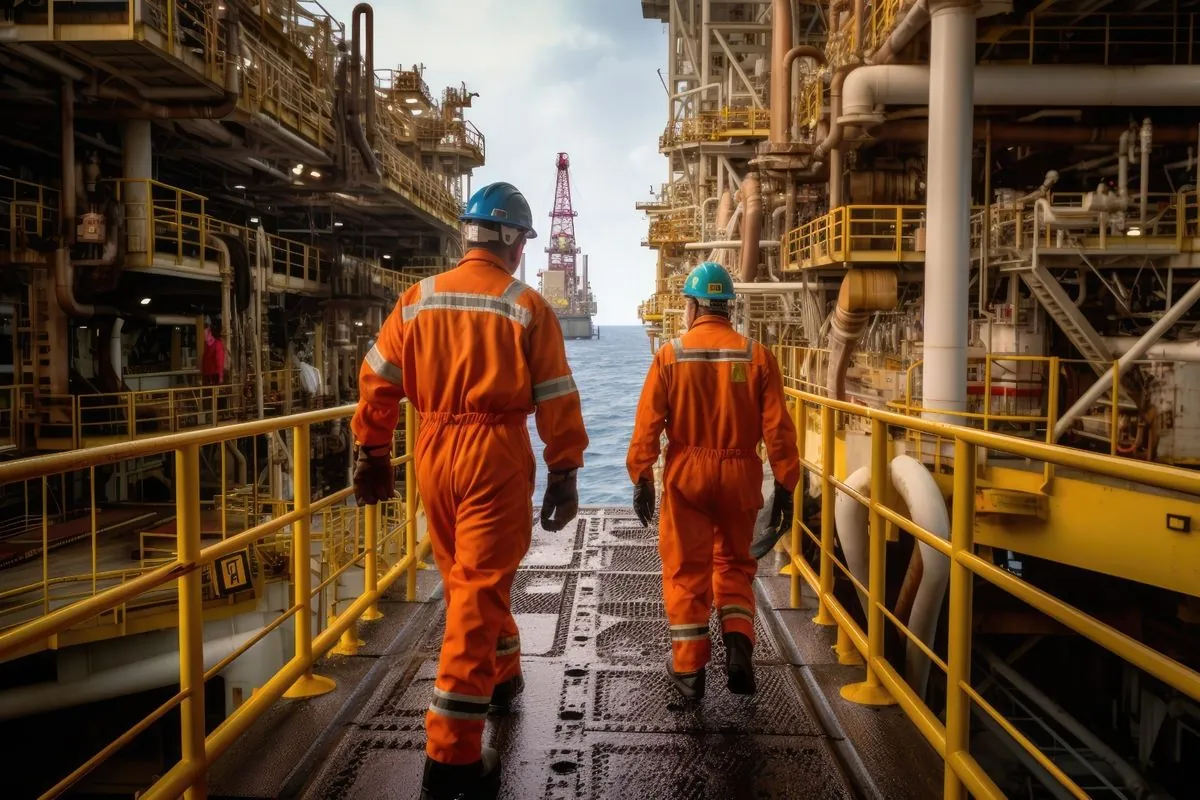Climate Justice: Balancing Africa's Growth and Global Emissions
Africa faces climate change impacts despite minimal emissions. Current policies fail to address this disparity. A new approach is needed, balancing development needs with emission reduction efforts.

Africa's role in the global climate crisis presents a complex challenge. Despite contributing only about 4% of global greenhouse gas emissions, the continent bears the brunt of climate change impacts. This disparity highlights the need for a nuanced approach to climate justice and economic development.
The current state of climate and development policies has proven inadequate. Over the past six decades, development initiatives have failed to significantly reduce poverty in Africa. Simultaneously, thirty years of United Nations climate conferences have not effectively curbed global emissions. This dual failure has created an urgent need for a new approach.
International agencies and corporate initiatives have fallen short in addressing these issues. The World Economic Forum in Davos, founded in 1953, and various multilateral organizations have been ineffective in both reducing emissions and fostering economic growth in Africa. Their efforts often amount to little more than "greenwashing" without substantial impact.
The International Energy Agency (IEA), established in 1974, has proposed an embargo on new fossil fuel extraction. While supported by climate activists like Greta Thunberg, who began her advocacy in 2018, this proposal raises ethical concerns. It disproportionately affects lower-income countries with recently discovered fossil fuel reserves, such as Tanzania, Ghana, and Timor-Leste.

The World Bank, founded in 1944, has attempted to enforce this embargo through its aid programs. However, this approach is questionable given the bank's limited mandate and its failure to address Africa's persistent economic challenges. Countries like Botswana, Ethiopia, Rwanda, and Zambia offer opportunities for more effective World Bank support.
The International Monetary Fund (IMF), also established in 1944, emerges as a potential enforcer of climate policies. With its global reach and influence over both developed and developing economies, the IMF could use its regular consultations to review and comment on environmental policies. The fund's criticism of then-British Prime Minister Liz Truss's economic program in 2022 demonstrates its potential impact.
A more balanced approach to environmental protection is necessary. Distinguishing between reversible and irreversible environmental damage could provide a temporary cushion for essential changes. This strategy allows for a focus on critical issues while awaiting technological advancements in non-carbon energy sources.
Supporting developing economies is crucial for global stability and true climate justice. The young generation in Africa and Latin America faces limited opportunities, often leading to desperate migration attempts. Enabling these economies to catch up is essential for creating a more resilient and equitable future.
In conclusion, addressing climate change while promoting economic growth in Africa requires a nuanced and balanced approach. It demands honest reassessment of current policies, ethical consideration of resource distribution, and a commitment to supporting developing economies. Only through such comprehensive efforts can we achieve genuine climate justice and global stability.


































